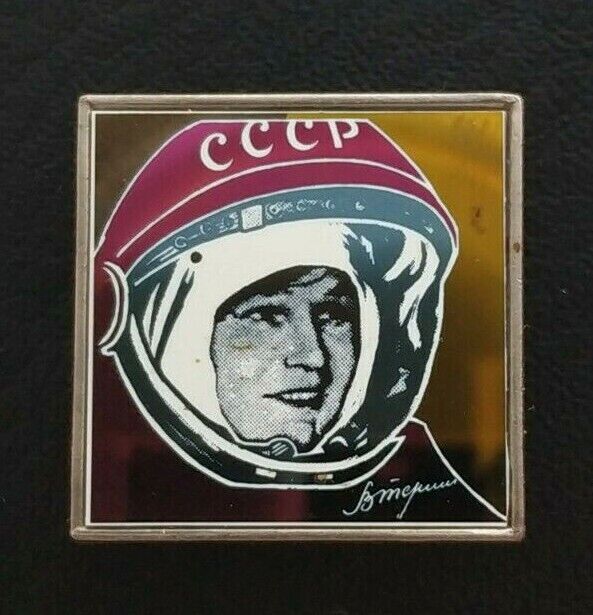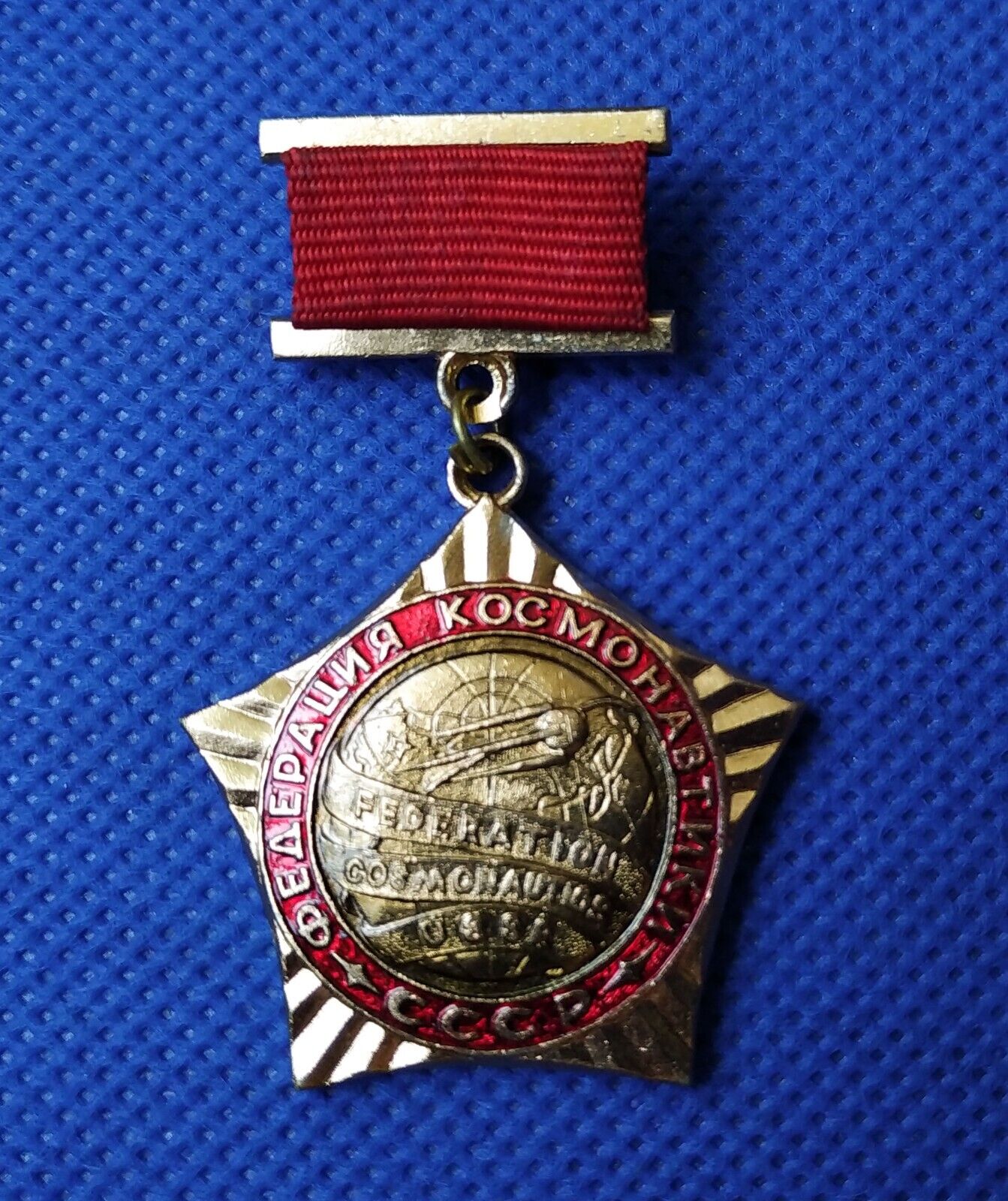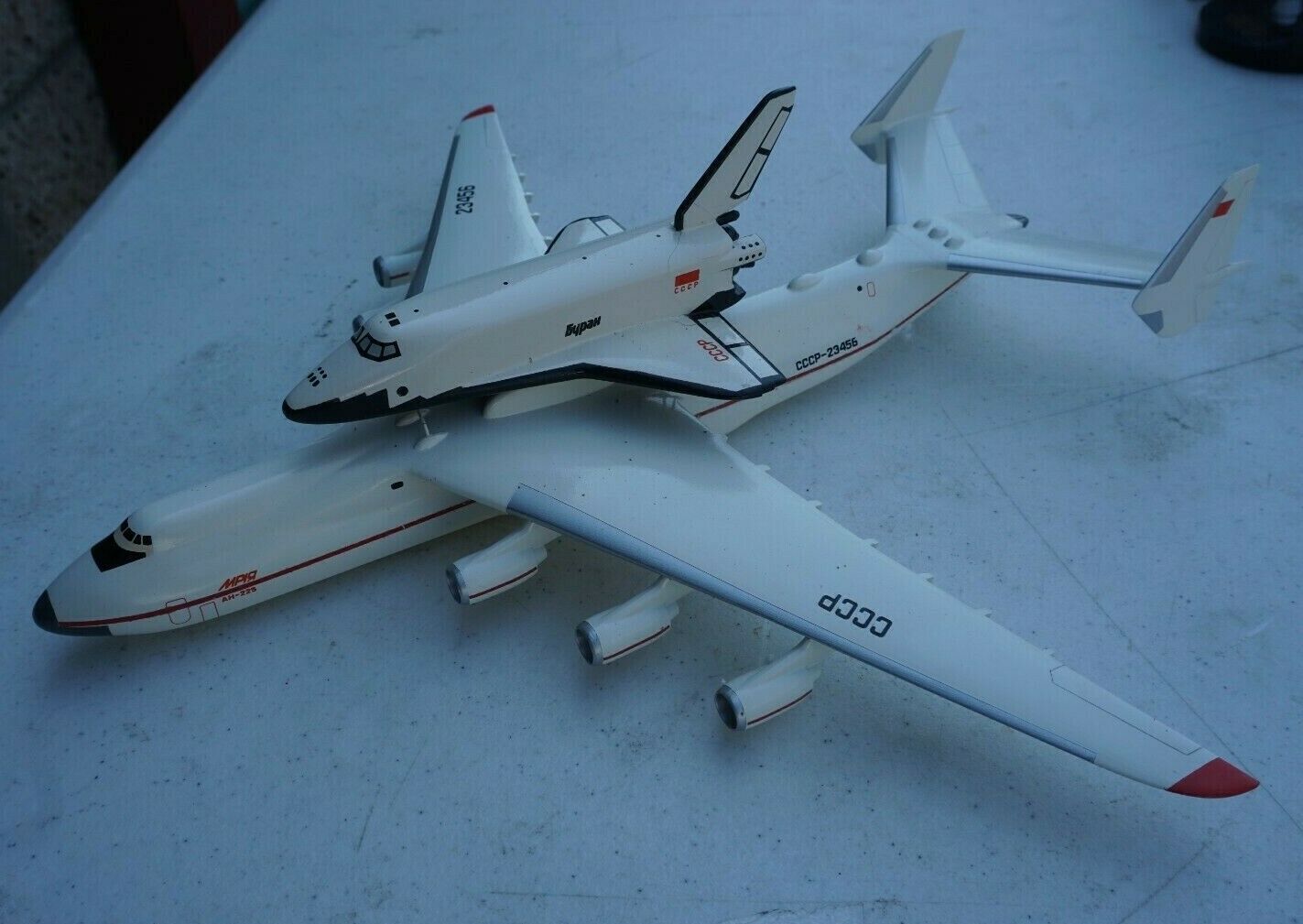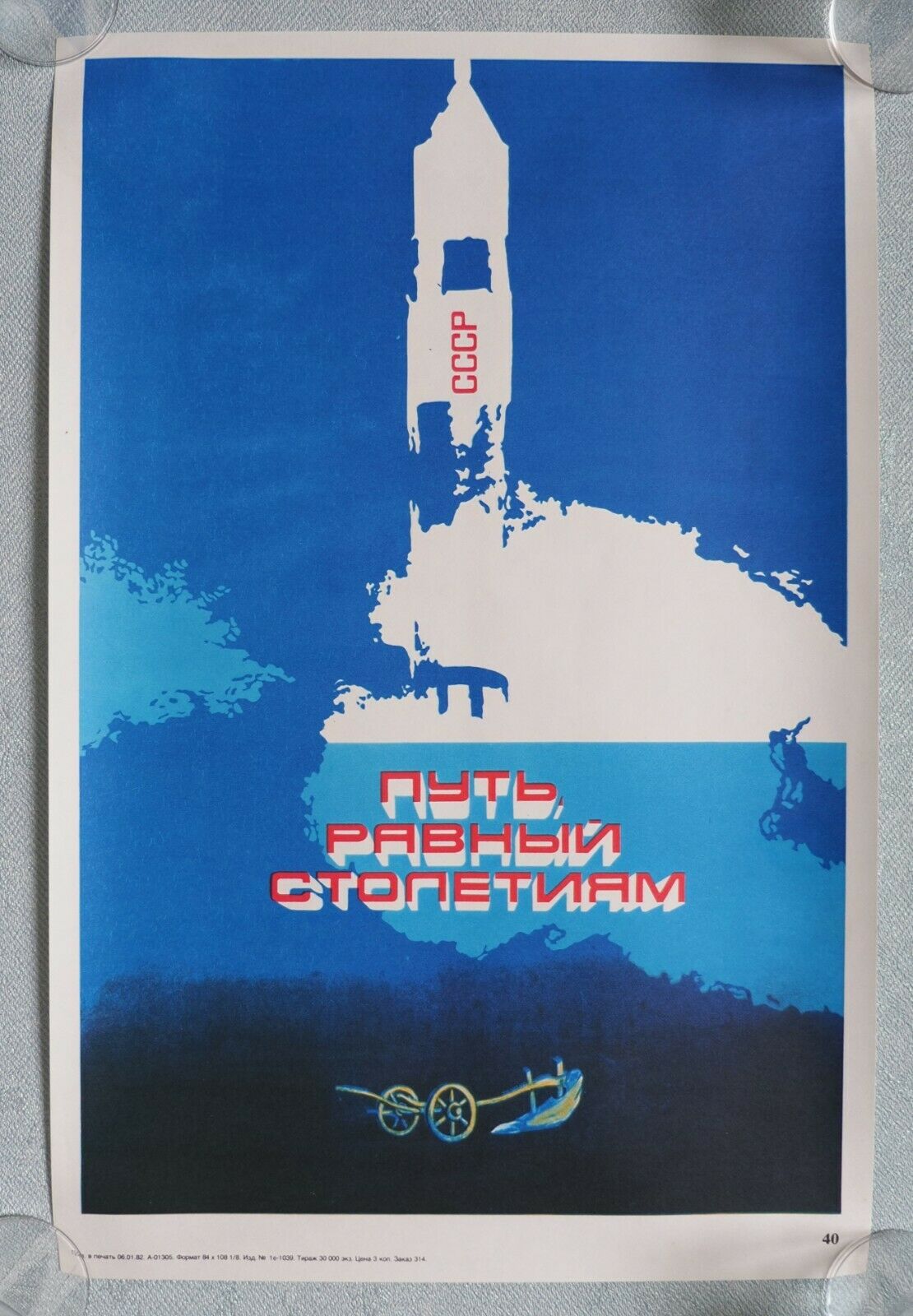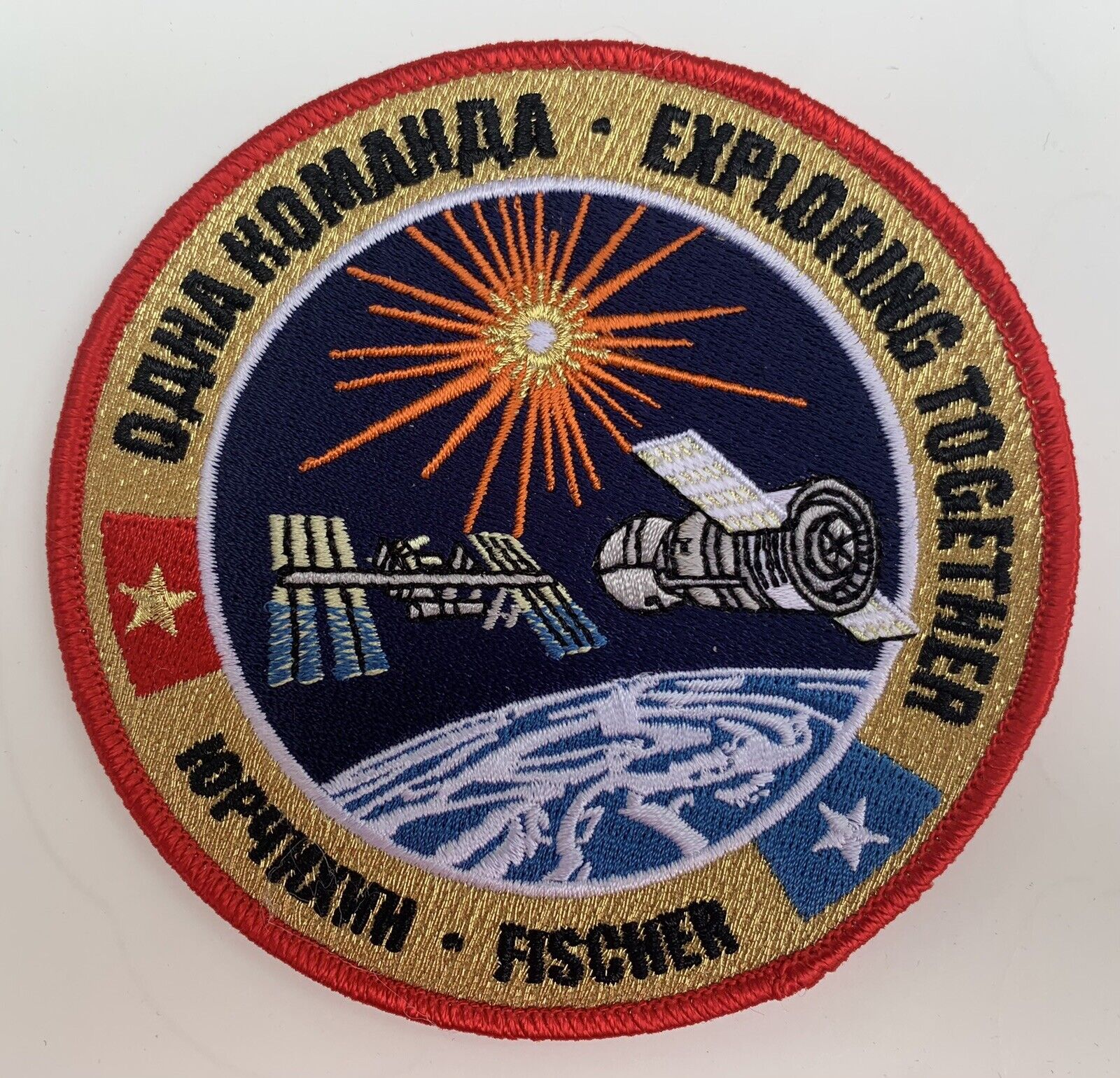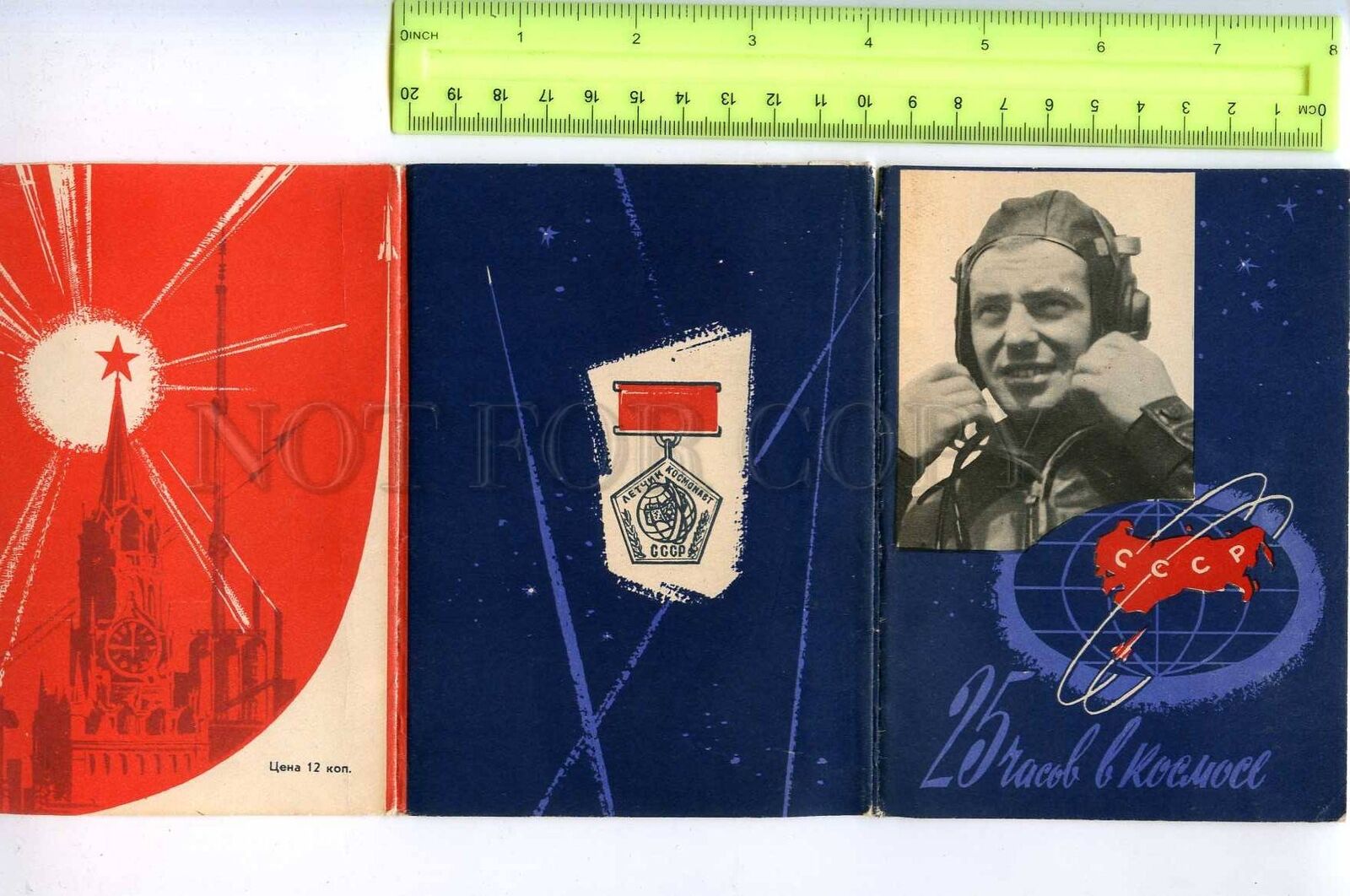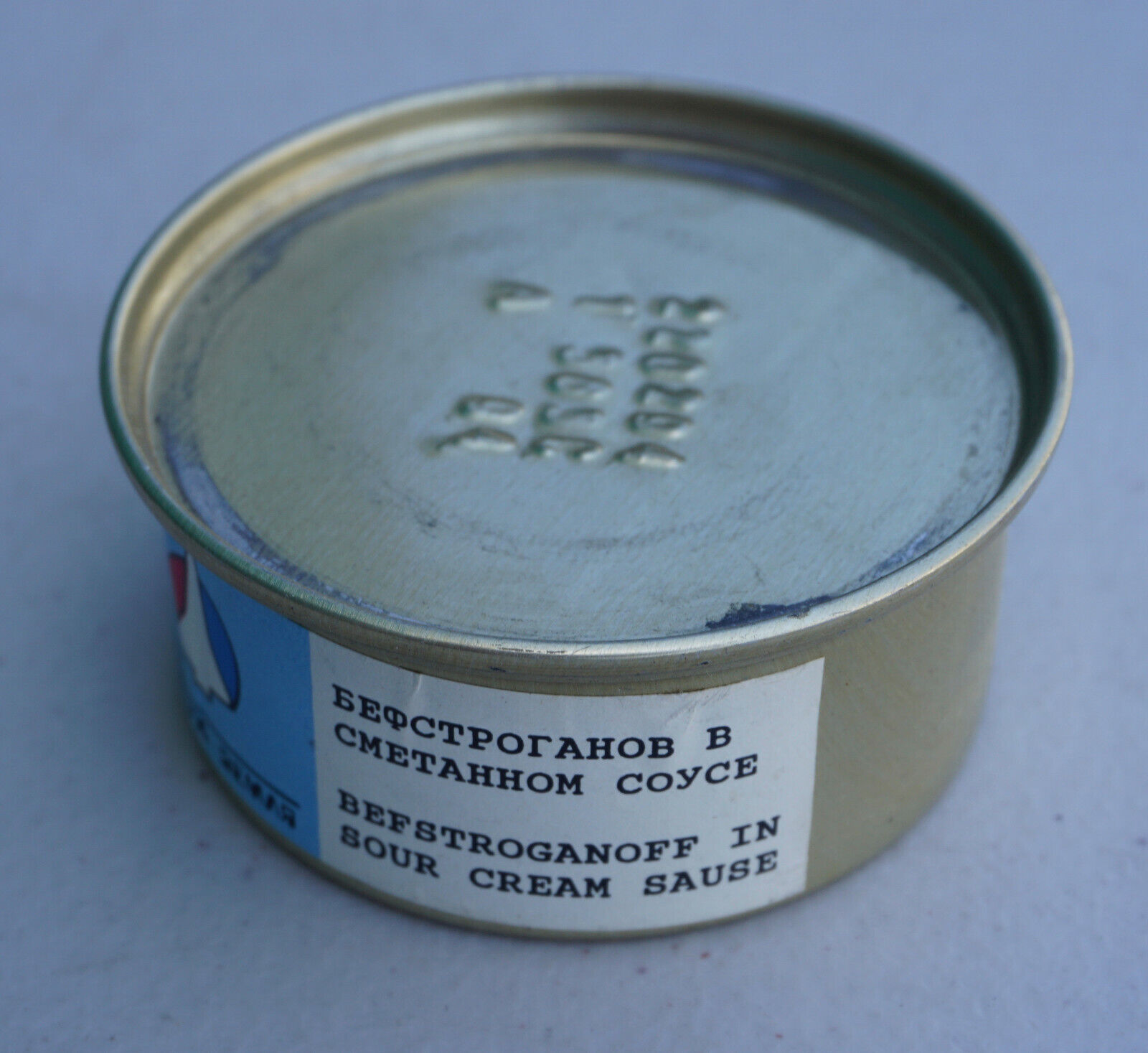-40%
Voskhod 1, 2, 3, 4, 5 & 6 Soviet Spacecraft _Russian Space Exploration_Pin Badge
$ 4.75
- Description
- Size Guide
Description
Voskhod 1, 2,3, 4, 5 & 6
Soviet Spacecraft _ Russian Space Exploration _Pin Badge
Quality badge in very good condition.
The inscription
is in Russian.
Obviously intended for presentation/ official use since there is no price indication on the reverse which was obligatory in the USSR.
The Voskhod
("Sunrise") was a spacecraft built by the Soviet Union's space program for human spaceflight as part of the Voskhod programme. It was a development of the
Vostok
spacecraft. Voskhod-1 was used for a three-man flight, and Voskhod-2 had a crew of two. They consisted of a spherical descent module (diameter 2.3 metres (7.5 ft)), which housed the cosmonauts, and instruments, and a conical equipment module (mass 2.27 tonnes or 5,000 pounds, 2.25 m (7.4 ft) long, 2.43 m (8.0 ft) wide), which contained propellant and the engine system. Voskhod was superseded by the Soyuz spacecraft in 1967.
The Voskhod spacecraft was, essentially, a Vostok spacecraft that had a backup solid fuel retrorocket added to the top of the descent module. The ejection seat was removed for more space and two or three crew couches were added. There was no provision for crew escape in the event of a launch or landing emergency.
Lack of space meant that the three crew members of Voskhod-1 did not wear space suits. Both crew members wore spacesuits on the Voskhod-2 mission, as it involved an EVA (Extra-vehicular activity) and used an inflatable airlock. This allowed cosmonaut
Alexei Leonov
to exit and re-enter the craft.
While the Vostok programme was dedicated more toward understanding the effects of space travel and microgravity on the human body, Voskhod's two flights were more aimed towards spectacular firsts. Although achieving the first EVA ("spacewalk") became the main success of the programme, beating the U.S. Project Gemini to put the first multiman crew in orbit was the objective that initially motivated the programme. After those goals were realized, the programme planned to focus on other advances the spacecraft could accomplish, such as longer duration and a second female flight. However, there were delays preparing for Voskhod 3, and during that time the Gemini programme accomplished most of what had been planned for future Voskhods. In the end, the Voskhod programme was abandoned, aided by a change in Soviet leadership which was less concerned about stunt and prestige flights, and this allowed the Soviet designers to concentrate on the
Soyuz
programme.
The cancelled
Voskhod
missions were:
Voskhod 3
– 19-day two-man mission to study long-term weightlessness with artificial gravity, medical, military and other experiments
Voskhod 4
– 20-day single-man mission to study long-term weightlessness with artificial gravity, medical, military, and other experiments
Voskhod 5
– 10-day two-woman mission with medical and other experiments and first female EVA-spacewalk
Voskhod 6
– 15-day two-man mission with military and other experiments and multiple spacewalks to test new EVA jet belt
We combine shipping for badges.
Sending by registered mail with tracking number.
IMGP 4022



